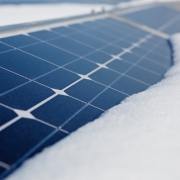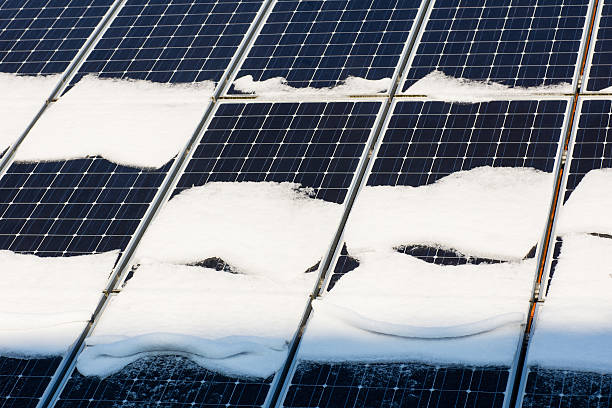Massachusetts, A Solar Powerhouse
Massachusetts ranks 10th nationally in total solar electric capacity, with over 5,000 megawatts (MW) installed as of March 2024 . The state generates approximately 21.75% of its electricity from solar power, placing it third in the nation for the percentage of electricity derived from solar .ConsumerAffairs
Key factors contributing to Massachusetts’ success include:
-
Generous Net Metering: Residents benefit from a 1:1 net metering policy, ensuring they receive full retail credit for excess solar energy fed back into the grid.
-
Tax Incentives: The state offers a Residential Renewable Energy Income Tax Credit (up to $1,000) for solar installations on primary residences.
-
Sales Tax Exemption: Solar and wind energy equipment are exempt from sales tax, reducing upfront costs for consumers.
Additionally, Massachusetts has committed to procuring 5,000 MW of energy storage by 2030 and has been awarded $156 million in federal funding to expand solar access to small residential and multifamily homes .Mass.gov
Rhode Island: Rising Solar Star
Rhode Island ranks 32nd nationally in total solar capacity, with approximately 1,195 MW installed as of Q4 2024 . The state generates about 13.10% of its electricity from solar.
While Rhode Island’s total capacity is smaller compared to Massachusetts, it has shown impressive growth:
-
Solar Jobs: The state supports 1,396 solar jobs across 28 companies.
-
Investment: Over $1.9 billion has been invested in Rhode Island’s solar sector.
-
Future Projections: The state is expected to add 656 MW over the next five years.
Rhode Island’s commitment to renewable energy is further demonstrated by its participation in joint offshore wind projects with Massachusetts, aiming to enhance the region’s clean energy infrastructure .Mass.gov
Looking Ahead
Both Massachusetts and Rhode Island are poised for continued growth in solar energy. Massachusetts’ robust policies and Rhode Island’s rapid expansion set a strong foundation for a sustainable energy future in the Northeast.
For residents and businesses in Milford, MA, and surrounding areas, these developments present opportunities to invest in solar energy, reduce electricity costs, and contribute to environmental sustainability.
Contact us today to get a free no-obligation solar quote!













